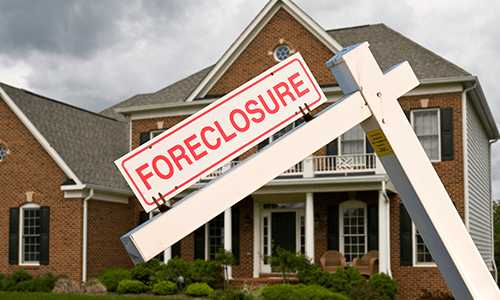“All human beings have three lives: public, private, and secret.” ― Gabriel García Márquez, Gabriel García Márquez: a Life
Living in a home administered by a condominium association is a unique experience. There are significant benefits to association living, including the ability to defer decisions (and the execution thereof) regarding administration, insurance, repairs, maintenance and other usual owners’ obligations to a professional property manager or board of directors. Conversely, association living requires owners to surrender specific benefits of homeownership, including a certain amount of autonomy, often perfect quiet, and – as is discussed in this post – a certain amount of privacy.
Perhaps the most obvious (and physical) intrusion upon the private lives and spaces of unit owners is the association’s right of entry. Most condominium association declarations, as well as the Illinois Condominium Property Act (“Act”), grant the Association (and its board, manager, employees, contractors, or agents, as the case may be) the right to enter into a private residential unit as necessary to address emergencies therein, to effectuate common element maintenance and repair, and to step into the shoes of the owner to perform maintenance or repairs that the owner has neglected and which is affecting other owners’ units or common elements of the association. Many owners either do not understand this right of the association or, even if they understand and acknowledge the right of entry, will contest the Association’s exercise of the right to maintain the private seclusion of their homes. Of course, associations have various rights and recourse when an owner fails or refuses to comply with declarations, rules, and regulations, the Act, or directives of the board in furtherance of any of them. Specifically, depending on the urgency of the need for access, the board could choose to address denial via violation proceedings, by issuing a fine, or even by filing a formal lawsuit seeking injunctive relief. Obviously, however, associations hope not to have to resort to such drastic means to maintain peace and harmony within the association. To encourage compliance with demands for access, boards and property managers should keep the lines of communication open. Keep owners fully informed about how, why, and when access will be needed. To the extent practicable, give the owner several days’ (or weeks’) notice of the access, and be available to answer reasonable questions the owner may have. The more the owner understands the need for access, the more likely he or she is to afford that access without a fight.
The newest privacy concern in associations – and one that association boards, managers, and owners are still struggling to navigate – is the recent amendment to Section 19 of the Act. Section 19 provides that “[t]he board of managers of every association shall keep and maintain the following records, or true and complete copies of these records, at the association’s principal office:…” and lists specific categories of records to be so maintained. Until its most recent amendment which became effective January 1, 2018, Section 19 required associations to maintain “a current listing of the names, addresses, and weighted vote of all members entitled to vote.” Now, under the most recent amendment, an association must maintain “a current listing of the names, addresses, email addresses, telephone numbers, and weighted vote of all members entitled to vote.” Obviously, the potential for distribution of this additional information might be concerning to some owners, who do not want to be contacted (solicited, sold to, harassed…) by their neighbors. While associations are bound under law to abide by the new requirements, there are some ways to balance the privacy interests of owners.
The first thing an association should do to protect the privacy of its members is to require strict compliance with Section 19 before turning over contact information. Section 19 provides that “[i]n order to exercise this right [to review email addresses and telephone numbers], a member must submit a written request, to the association’s board of managers or its authorized agent, stating with particularity the records sought to be examined. As a condition for exercising this right, the board of managers or authorized agent of the association may require the member to certify in writing that the information contained in the records obtained by the member will not be used by the member for any commercial purpose or for any purpose that does not relate to the association.” The association should require such a certification in all cases. The second thing an association should consider doing is enacting rules under the rulemaking authority of the board set guidelines for dissemination and use of owner information. Such rules might include enforcement mechanisms for the “association-related” and “no commercial purpose” limitations; reiterating prohibitions against harassing, discriminatory, or threatening communications; requiring that all senders identify themselves in all communications, and requiring that an “unsubscribe” option be added. So prominent are privacy concerns attendant with new Section 19, that an Ordinance has been proposed under the City of Chicago’s home rule authority which – if passed – will allow association boards to limit the release of owner information. Particularly concerned owners may contact their alderman to voice support for the measure.
Whether it is the association’s right of access, the requirement that the board disseminate owner contact information, or any of the other limitations or restrictions on use of units and owner activity that are necessary to ensure smooth, lawful, respectful co-existence in an association, owners may justifiably feel that their privacy is at risk of compromise. Boards and property managers are advised to keep these fears in mind when enacting and enforcing policies and rights that may infringe on privacy. With proper communications and considerations, associations can exercise all of their rights and duties, while allowing owners to feel at ease that their homes and private information will be protected.







